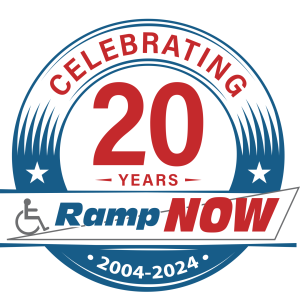Over 700,000 people go to the emergency room every year due to incorrect medication usage, and 120,000 of those result in hospital admissions, according to American Healthcare. This is a costly trend, and one that could continue, given the number of drugs being developed, and the increasing number of seniors in the US.
Much of this was exacerbated with the high use of opioids and prescription painkillers in the U.S. This October is a chance to learn how we can control or reverse this trend, for National Talk About Prescriptions Month. The National Council on Patient Information and Education began this awareness campaign in the 1980s as a way to encourage patients to stay informed about the medications they use.
Talk About Prescriptions Month
Talk to Your Doctor
It’s important to understand how and when to take your medications and make sure that your use is appropriate for your condition. You’ll want to know if there are any side effects or any concerns about taking prescription medicine in conjuncture with other medications. Make sure you find out if it’s something that you could become addicted to, as well.
These are good issues to bring up periodically with your doctor, as life circumstances change. For example, a medication that you began in young adulthood may not be the ideal medication for you, as you enter your senior years. There may be advancements or more effective options. There may be options more suited to your age or overall medical condition. An open and honest dialog with your doctor can help you decide the right treatment path for you.
Talk to Your Family
It’s good for your significant other, or adult children to understand what medications you take, and what the effects might be. It’s possible to do considerable damage to your body if you are on the wrong medication, or you are taking the right medications in the wrong way.
If you’re on painkillers, it’s also possible they could be doing more harm than good.
Prescription Medications Can Be Overwhelming
Prescription drugs can be a complex subject difficult for people without a medical or pharmaceutical background to understand. It’s important to have these conversations on a regular basis with doctors, family, or caregivers. Talk About Prescriptions Month is an excellent time to have this type of conversation with your family.








